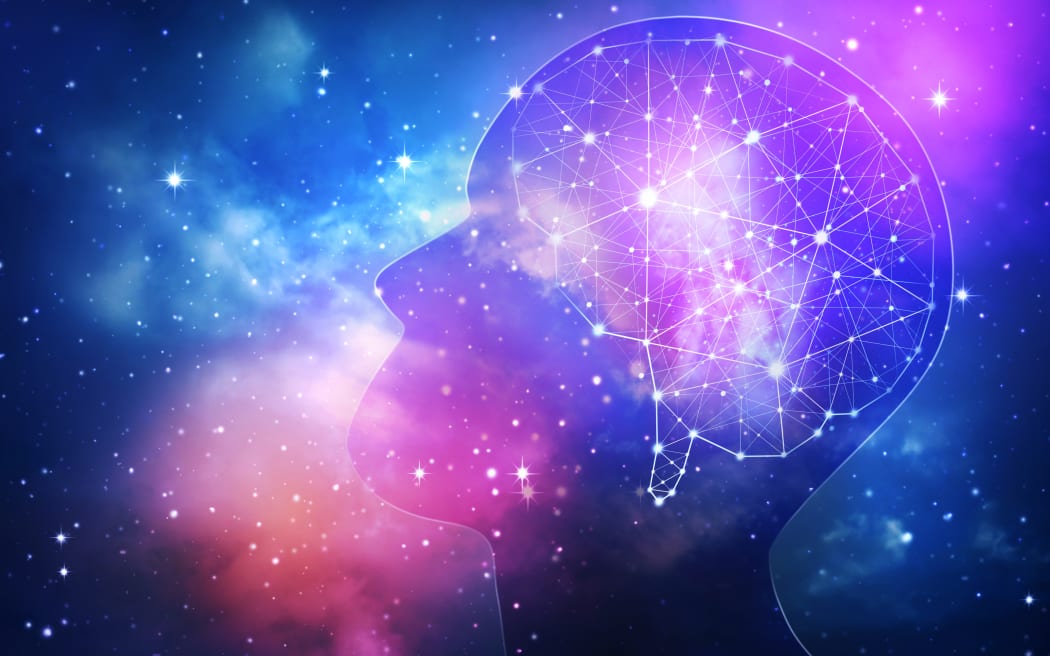
Photo: 123rf
Analysis - Civil war has broken out in the field of consciousness research. More than 100 consciousness researchers have signed a letter accusing one of the most popular scientific theories of consciousness - the integrated information theory - of being pseudoscience.
Immediately, several other figures in the field responded by critiquing the letter as poorly reasoned and disproportionate.
Both sides are motivated by a concern for the long-term health and respectability of consciousness science. One side (including the letter signatories) is worrying that the association of consciousness science with what they perceive to be a pseudoscientific theory will undermine the credibility of the field.
The other side is pressing that what they perceive as unsupported charges of pseudoscience will ultimately result in the whole science of consciousness being perceived as pseudoscience.
Integrated information theory - often referred to as IIT - is a very ambitious theory of consciousness proposed by neuroscientist Giulio Tononi. It ultimately aims to give mathematically precise conditions for when any system - a brain or some other lump or matter - is or is not conscious.
The theory revolves around a mathematical measure of integration of information, or interconnections, labelled with the Greek letter ϕ. The basic idea is that a system becomes conscious at the precise moment when there is more ϕ in the system as a whole than in any of its parts.
IIT implies that many more things are conscious than we ordinarily suppose. This means it gets close to a kind of "panpsychism" - the view that consciousness pervades the physical universe. Having said that, there are big differences between IIT and the new wave of Bertrand Russell-inspired panpsychism which has recently been making waves in academic philosophy, and which has been the focus of much of my research.
IIT even implies, as pointed out by the computer scientist Scott Aaronson, that an inactive grid of connected logic gates would be conscious.
The signatories of the letter worry that, while certain aspects of IIT may have been tested, the theory as a whole has not. Therefore, they argue, there is little experimental support for these bold and counter-intuitive implications. Opponents of the letter say that this is true of all current theories of consciousness, and reflects challenges with current neuroimaging techniques.
Adversarial collaboration
All of this follows the announcement over the summer of the first results of an "adversarial collaboration" between IIT and another popular theory of consciousness, known as the global workspace theory.
According to this theory, information in the brain becomes conscious when it is in a "global workspace", which means it is available to be used by many and varied systems throughout the brain - perceptual areas, long-term memory and motor control - for a wide variety of tasks. In contrast, if certain information is only available to a single system in the brain to perform a highly specific task, such as to regulate breathing, then that information is not conscious.
The idea of an adversarial collaboration is that the proponents of each of the rival theories design experiments together, and agree in advance on which results would favour each theory.
The hope is that agreeing in advance about what the results would mean will prevent theorists from interpreting whatever results come up as fitting with their preferred theory. This first round of experimental results turned out to be mixed. Some confirmed certain parts of IIT, and some backed up particular aspects of global workspace theory. On balance, there was arguably a slight advantage to IIT.
The announcement of these ambiguous results was accompanied by the neuroscientist Christof Koch - a prominent proponent of IIT - publicly conceding defeat on a bet he made 25 years ago with philosopher David Chalmers, that the science of consciousness would be all wrapped up by now.
One factor which may be playing a big role, although it has not been explicitly mentioned in any of these online skirmishes, is that IIT does not merely justify itself through scientific experimentation. It also involves philosophical reflection.
IIT begins with five "axioms", which its proponents claim each of us can know through attention to our own conscious experience. These include that conscious experience is unified - that we don't experience, say, colours and shapes separately but as aspects of a single, unbroken experience.
The theory then translates these axioms into five corresponding "postulates" - properties which it claims are required for a physical system to embody consciousness. For example, IIT explains the unity of our conscious experience in terms of the integration of the physical system.
Opponents of IIT may in part be motivated by a desire to sharply distinguish the science from the philosophy of consciousness, thus ensuring the former is perceived - in particular by funders - as a serious scientific enterprise.
Beyond science
The problem is that consciousness is not merely a scientific issue. The task of science is to explain publicly observable phenomena. But consciousness is not a publicly observable phenomenon: you can't look inside someone's brain and see their feelings and experiences. Of course, science theorises about unobservable phenomena, such as fundamental particles, but it only does this to explain what can be observed. In the unique case of consciousness, the phenomenon we are trying to explain is not publicly observable.
Instead, consciousness is known about privately, through the immediate awareness each of us has of our own feelings and experience. The downside of this is that it's very hard to experimentally demonstrate which theory of consciousness is correct. The upside is that, in contrast to other scientific phenomena, we have direct access to the phenomenon, and our direct access may provide insights into its nature.
Crucially, to accept that our knowledge of consciousness is not limited to what we can glean from experiments is to accept that we need both science and philosophy to deal with consciousness. In my new book Why? The Purpose of the Universe, I explore how such a partnership could be achieved.
IIT is not perfect, either in its scientific or its philosophical aspects. But it is pioneering in accepting the need for science and philosophy to work hand in glove to crack the mystery of consciousness.
- Philip Goff is an Associate Professor of Philosophy at Durham University and has received funding from the Templeton Foundation.



